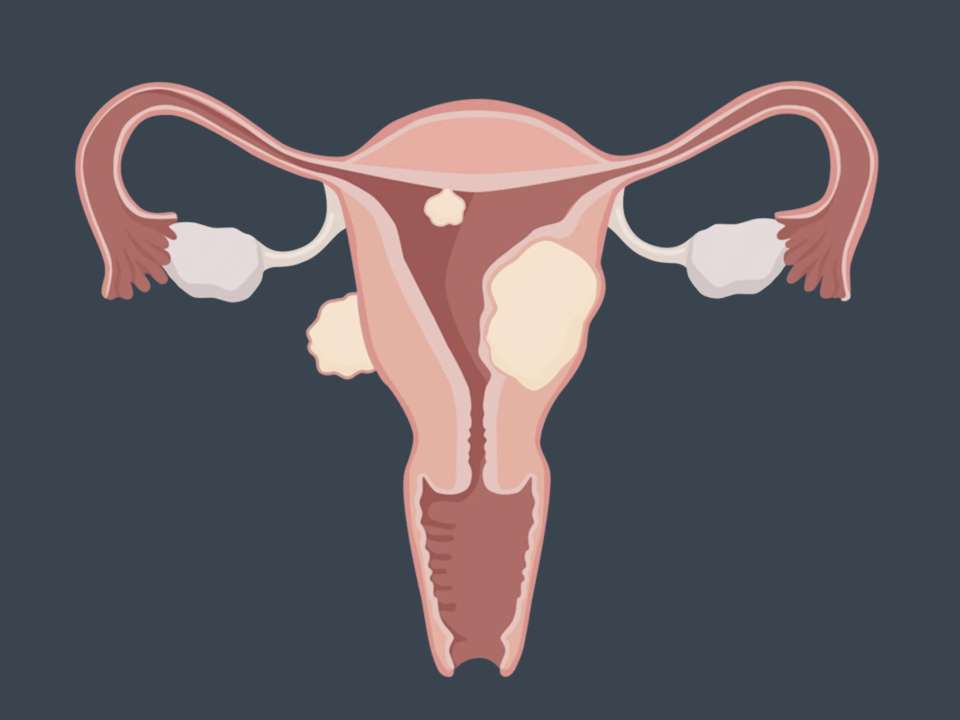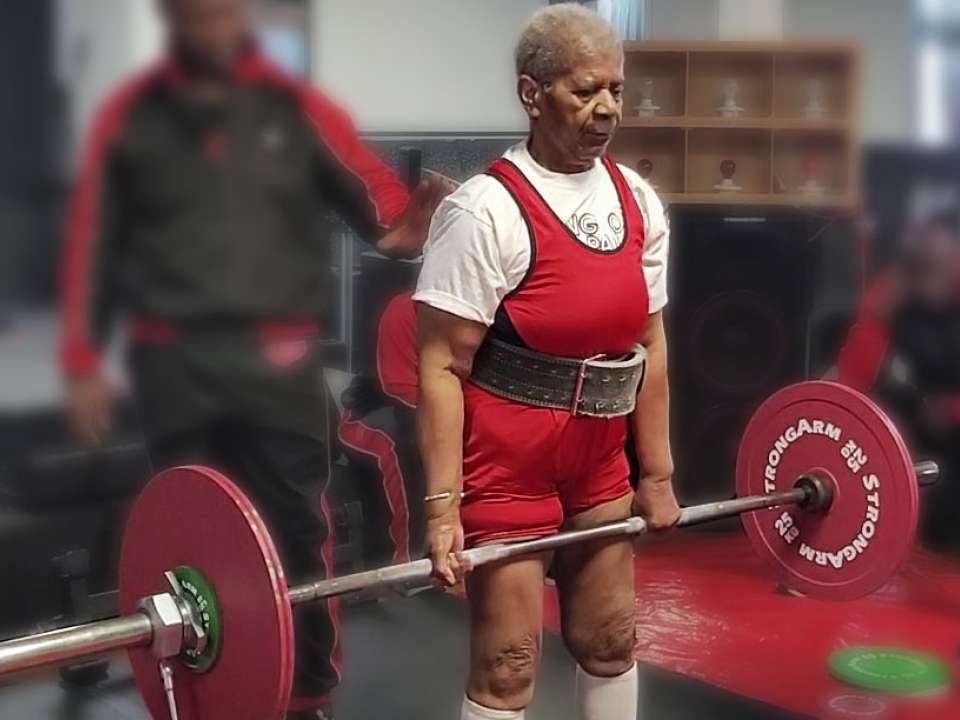
When you’re pregnant, preparing to bring life into the world, and full of aches, pains and wildly fluctuating hormones, nothing gives you the warm fuzzies quite like being told you’re of advanced maternal age or that you have a hostile uterus.
Not only do these terms feel rude, but they can also cause feelings of shame when heard because they often blame the person for conditions or situations that are beyond their control. Reproductive healthcare does have a complicated, storied past, so it’s not too surprising that some of these terms have continued to exist today.
“Medical terms used for women's reproduction are reflective of the larger cultural context,” explains Emalee Danforth, CNM, MSN, a reproductive endocrinology and infertility expert at UW Medicine. “Medicine is never isolated within its own bubble. It’s reflective of the larger culture, including our political reality and our economic reality."
The most common offensive terms for pregnancy
Many of these terms do seem to reflect the way that women (and reproductive health) have been viewed throughout history. And there are quite a few to choose from. As mentioned above, advanced maternal age and hostile uterus are two common ones, but others include:
- Geriatric pregnancy (pregnant at 35-plus years old)
- Incompetent cervix (when cervix opens too early during pregnancy)
- Habitual aborter (3-plus consecutive pregnancy losses before 20 weeks)
- Elderly primigravida (first pregnancy at 35-plus years)
- Failure to progress/failure to descend (when labor slows down)
- Primary ovarian insufficiency (when ovaries stop functioning correctly before the age of 40)
It is important to note that some of the words like “incompetent” and “insufficiency” can also be used to describe different medical conditions that don’t just affect women and pregnant people, like incompetent heart valves or adrenal insufficiency. But when those words are used in a space where people are already feeling vulnerable, it can make the terminology feel more sexist or offensive.
And some of these terms are just plain outdated. Geriatric pregnancy now seems to make little sense considering that the number of women getting pregnant over the age of 35 only increases every year. Plus, the term (along with advanced maternal age) seems to carry an air of disapproval — why did you wait so long to have children? Is it really responsible that you, a dried-up old person, procreate at this point in your life?
Other labor-centric terms, like failure to progress and failure to descend can make someone feel embarrassed about their body’s inability to “correctly” do something that they have little control over. Plus, it implies that they are somehow harming their baby, which increases anxiety during a time that is already stressful.
Where does this all come from?
As Danforth mentioned, none of this should come as a surprise, considering that medicine has historically been a male-dominated field — where cisgender men’s bodies have been considered the “norm.” Much of this can also be blamed on the institutionalization of giving birth. In the early 1900s, obstetricians moved the birthing process from people’s houses to hospitals, almost eliminating competition from midwives who mainly delivered babies at home and who had a different approach to women’s bodies.
Luckily, midwifery is currently making a comeback, with robust programs now available at many medical facilities around the country, including UW Medicine. Both demands for more humane care and midwifery’s philosophical approach to pregnancy as a healthy and normal state have helped shift the practices of hospitals and care providers over the years.
Are things changing?
And other things are beginning to change as well. Slowly but surely offensive phrases are being replaced with more thoughtful ones. This even includes terms that we consider common, like miscarriage.
“We’re moving away from the word miscarriage and using the term early pregnancy loss. In part, because it's more inclusive of the different types of early losses,” explains Danforth. “But also, miscarriage implies that the person who's pregnant did something wrong — that they didn't carry the pregnancy right. And so early pregnancy loss is making the onus of cause less personal and more just about how the pregnancy didn't work out.”
She also mentions some additional phrases that are occasionally used these days, including “anembryonic pregnancy” in place of blighted ovum and “waves” or “rushes” instead of contractions — although that is more of a homebirth, not hospital, perspective.
How can we help make change happen?
We still have a long way to go when it comes to creating lasting change around the terminology used for reproduction. And one of the most influential advocates for that change? You. You can arm yourself with positive and empowering terms when you visit the doctor. There is no harm in respectfully asking that they use phrases that won’t make you feel shameful, embarrassed or lesser. Even making small changes like saying “nourished is best” rather than “breast is best” can have an overwhelmingly positive impact.
Remember, words are powerful. It’s so essential that we take control of the narrative and change the phrases that try to diminish people into words that celebrate the beauty and strength of pregnant bodies.
Editor’s Note: This article has been updated to reflect the use of ‘women’ as a gender identity since not all pregnant people identify as female. When referencing historical sexism and offensive terms, we're referring to cisgender women.

 Healthy ideas for your inbox
Healthy ideas for your inbox





